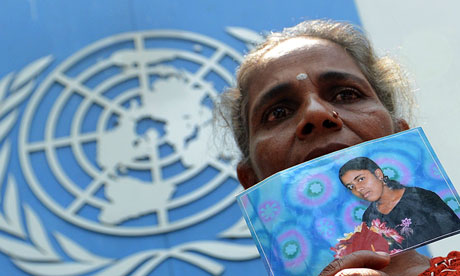By Irving Feng
Impunity Watch Reporter, Asia
SHANGHAI, China – Dozens of migrant Chinese workers are being evicted from their makeshift homes in old shipping containers in Shanghai due the new Chinese leadership’s desire to accelerate urbanization in the outskirts of the country’s “mega” cities.
Neighborhoods like the shipping container village, about twenty minutes away from Shanghai’s wealthy financial district, have sprung up in the last twenty years to fulfill China’s desperate need for cheap housing. Other unusual housing solutions include using tents, repurposing old industrial buildings, and subdividing farm houses to accommodate the droves of migrant workers that flock to urban centers.
China plans on spending roughly $6 trillion on improving domestic infrastructure, like building more housing, in order to serve the projected 400 million people that are estimated to move to urban centers in the next decade.
Though China plans on building more housing to fulfill their desperate housing needs, by destroying the makeshift neighborhoods like the shipping container village in Shanghai, the government is leaving thousands of poor, migrant workers without any housing.
Migrant workers, like Li Yanxin who runs a convenience store out of his shipping container to earn money, cannot afford regular apartments, which can cost as much as 2000 yuan per month (roughly $320 U.S.). The poor must resort to renting smaller properties, like 12 square meter subdivided rooms, at the more affordable rate of 500 yuan per month (roughly $80 U.S.).
Around 130 million migrant, Chinese workers live in subdivided rooms in old farmhouses, which land owning farmers in villages have repurposed. After the government usurps the land the old farmhouses sit on, the land will be rezoned and repurposed for development purposes.
The newly rezoned land can be sold at a very high price for lucrative commercial development. These lands, in theory, will be repurposed for fulfilling the desperate housing needs; however, the evicted migrant poor will be unable to afford the luxury apartments that will most likely sit atop of the newly developed lands.
Other cities, like Beijing, are attempting to clean up crowded tenements, like the shipping container village and farmhouse subdivision tenements, by usurping the land, repurposing it, and raising rents. This effectively prices out the poor who will no longer be able to afford the properties.
Beijing also will not allow migrant poor to purchase the new properties the city plans to build. The migrant workers will only be allowed to rent, however, the number of available apartments to rent usually falls short of public need.
For further information, please see:
Reuters – China’s urbanization drive leaves migrant workers out in the cold – 30 March 2013
China Daily – Migrants: linchpin of China’s urbanization – 27 March 2013
New Tang Dynasty – China’s Urbanization Drive Puts Trillions into Officials’ Pockets – 27 March 2013
South China Morning Post – Managing China’s urban spread – 21 March 2013


